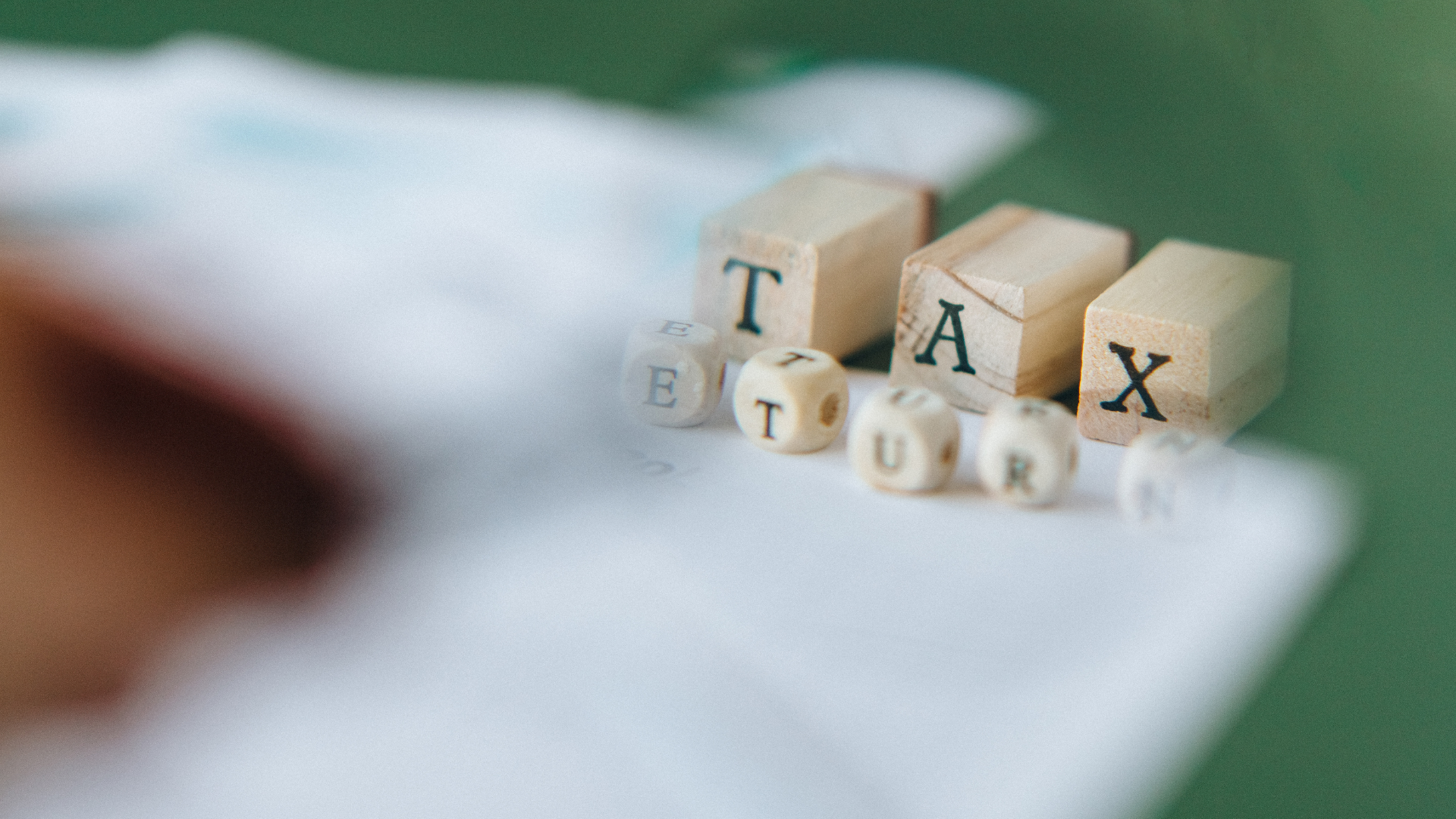Tax season can feel like navigating a foggy mess, and when tax laws change, things get even trickier. For Calgary residents, staying informed about new tax rules and adjustments is key to making smart financial decisions. Whether you’re an employee, a business owner, or self-employed, the 2025 tax season brings several changes that you don’t want to overlook. So, what’s new? Here are eight critical tax changes Calgary residents need to know in 2025.
1. Increase in the Basic Personal Amount
Here’s some good news: The Basic Personal Amount (BPA)—the amount of income you can earn tax-free—is increasing again for 2025. The federal BPA is expected to rise to around $15,500, which means you’ll pay less tax on the first portion of your income. Alberta also has its own provincial BPA, which usually mirrors federal changes but may vary slightly.
This change benefits nearly everyone, but the biggest impact will be felt by low- and middle-income earners. While you don’t need to take action to claim this, it’s a great reminder to check your payroll deductions to ensure you’re not overpaying taxes throughout the year.
2. Changes to the Climate Action Incentive Payment (CAIP)
If you’re a Calgary resident, you’re likely familiar with the quarterly Climate Action Incentive Payment (CAIP), designed to offset the costs of the federal carbon tax. For 2025, the CAIP amounts are expected to increase slightly to reflect inflation and rising carbon tax rates.
However, the CRA has made it clear that eligible individuals and families must file their tax returns to receive the CAIP. If you fail to file your taxes, you won’t receive this payment—even if you qualify.
3. Expanded Home Accessibility Tax Credit
If you’re planning to make your home more accessible for an elderly or disabled family member, there’s good news: The maximum claim for the Home Accessibility Tax Credit (HATC) has been doubled to $20,000 for 2025. This means you can now claim up to $20,000 in eligible expenses, such as installing wheelchair ramps, stairlifts, or walk-in tubs.
This change not only provides more financial support but also encourages homeowners to invest in accessibility upgrades sooner rather than later.
4. Alberta’s Corporate Tax Rate Adjustment
Attention Calgary business owners: Alberta’s corporate tax rates have seen slight adjustments for 2025. While the small business tax rate remains one of the lowest in Canada, the general corporate tax rate has increased marginally.
If you own a business, this is a reminder to revisit your tax strategy. Consider reinvesting in your business or exploring tax-saving measures like the Accelerated Investment Incentive, which allows faster depreciation of certain assets.
5. Tax-Free First Home Savings Account (FHSA)
New for 2025, the Tax-Free First Home Savings Account (FHSA) is gaining traction among first-time homebuyers in Calgary. This account combines the benefits of an RRSP and a TFSA, allowing you to save up to $8,000 per year (to a lifetime maximum of $40,000) for your first home.
Contributions are tax-deductible, and withdrawals for purchasing a home are completely tax-free. If you’ve been dreaming of getting into Calgary’s real estate market, the FHSA could be a game-changer for your savings strategy.
6. Increased CRA Scrutiny on Gig Workers
The gig economy is booming in Calgary, with many residents earning income through platforms like Uber, DoorDash, or freelance work. But here’s the catch: The CRA is stepping up its audits and enforcement efforts on unreported income from gig work in 2025.
If you’re part of the gig economy, make sure you’re keeping detailed records of your income and expenses. Claiming deductions like mileage, phone bills, or home office expenses can help reduce your taxable income, but they must be well-documented in case of an audit.
7. Canada Workers Benefit (CWB) Enhancements
Low-income workers in Calgary will benefit from enhancements to the Canada Workers Benefit (CWB) in 2025. The government has increased both the maximum payout and the income threshold for eligibility, meaning more people will qualify for this refundable tax credit.
If you’re earning a modest income, the CWB could significantly boost your tax refund or provide extra cash—money that’s especially welcome in today’s economy. Be sure to file your taxes on time to take full advantage.
8. Updated Marginal Tax Brackets
Income tax brackets are adjusted annually to account for inflation, and 2025 is no exception. The federal and Alberta tax brackets have increased slightly, meaning you can earn a bit more money before hitting the next tax rate.
Here’s how this could impact you: If you’ve received a raise or bonus this year, you might find yourself moving into a higher bracket. While this means paying more taxes on the additional income, proper tax planning—like contributing to your RRSP—can help offset this.
Key Takeaways
From expanded tax credits to rising thresholds, these 2025 tax changes are designed to address inflation, homeownership challenges, and shifts in the economy. Whether you’re a first-time homebuyer, a gig worker, or a business owner, understanding how these updates impact you is crucial. Filing your taxes early, staying organized, and seeking professional advice when needed are the best ways to ensure you maximize your savings and avoid unnecessary stress.
Need help navigating these changes or optimizing your tax return? Contact us today to connect with a Calgary-based tax professional who can guide you every step of the way.

